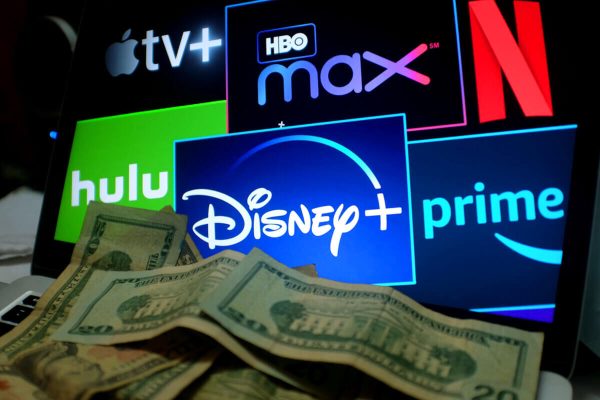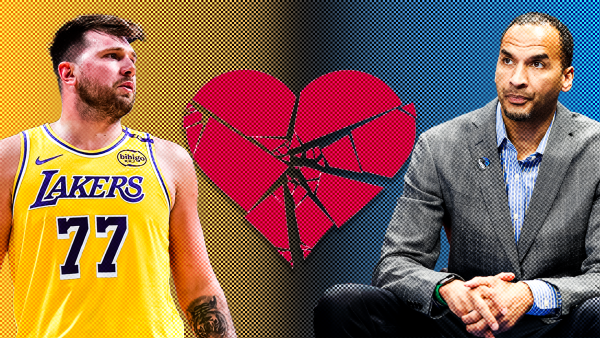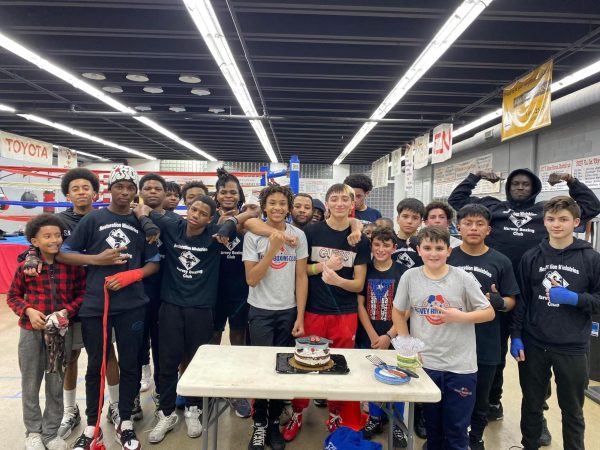Signing off from Viking Country
Critics may argue that the sports programs at black colleges are dead, but they may just need a tune-up.
There are many financial limits that Historically Black Colleges operate under and ultimately hold them back from their full potential. The difference in recreational facilities often show the financial gap HBCUs versus PWIs face.
“The facilities at PWI Power Conference schools are often state of the art because of large university endowments, bountiful alumni/booster donations and the money generated by having television contracts. Schools lacking those financial advantages often can’t afford to build, maintain and upgrade their facilities as often,” Seminar teacher Reginald Brown said.
An investment in the many resources athletes need to thrive would be helpful.
Practice makes perfect, but when athletes don’t have a great place to practice, they will not grow.
This year, many athletes here have had to decide whether to attend an HBCU or a Predominately White Institution.
While other students get to consider many factors of their college choice, athletes must consider the school that is best for their sport.
“I could fit in well at an HBCU, but it wouldn’t be a good fit football-wise. I’ll be in a better space to get drafted at a PWI because they have more connections to the NFL,” senior Devonte Harley-Hampton said.
Senior Bryce Gray would have loved to attend Howard University, the number two HBCU in the country, but didn’t because it wouldn’t be the best for baseball.
“I was going to apply to Howard, I’ve always said if I didn’t play sports Howard would be one of my top options. I’d also probably get nearly a full scholarship at an HBCU. Notre Dame was a better opportunity for me athletically and academically. The athletics at an HBCU can not compare to ND, I have nothing against HBCUs it’s just fact that PWIs have better athletics,” Gray said.
They also have to consider the school that will give them the best deal, the best scholarship.
“I’m getting about 40-60 percent off of my tuition- academic and athletic,” Gray said.
HBCUs don’t seem to be a match when it comes to facilities and opportunities, but some student-athletes did choose to attend one.
Senior Percy Walters will attend Morehouse College in Atlanta as a baseball commit.
“I chose an HBCU over a PWI because I thought I would fit in better and I would be around people with the same background/culture as me. To be honest, facilities aren’t very different from PWI’s, but it depends on the school. Some HBCU’s have more money than some PWI’s depending on the size of the school,” Walters said.
In order to revamp the Black College sports program, they have to work their way up. It starts with the university president. If they are serious about hiring a good athletic director who in turn will hire a good coach, then the college will be on their way to getting better.
Sports is used as a strong recruiting tool and quality athletics can be as important as quality academics.
With a quality coach who’s willing to work with the athletes and also land them connections, any HBCU will be on its way to improving the athletic program.
“Going to an HBCU will not only benefit me athletically, it’ll help me focus on my path to black success, which is the overall benefit of attending one,” Walters said.





